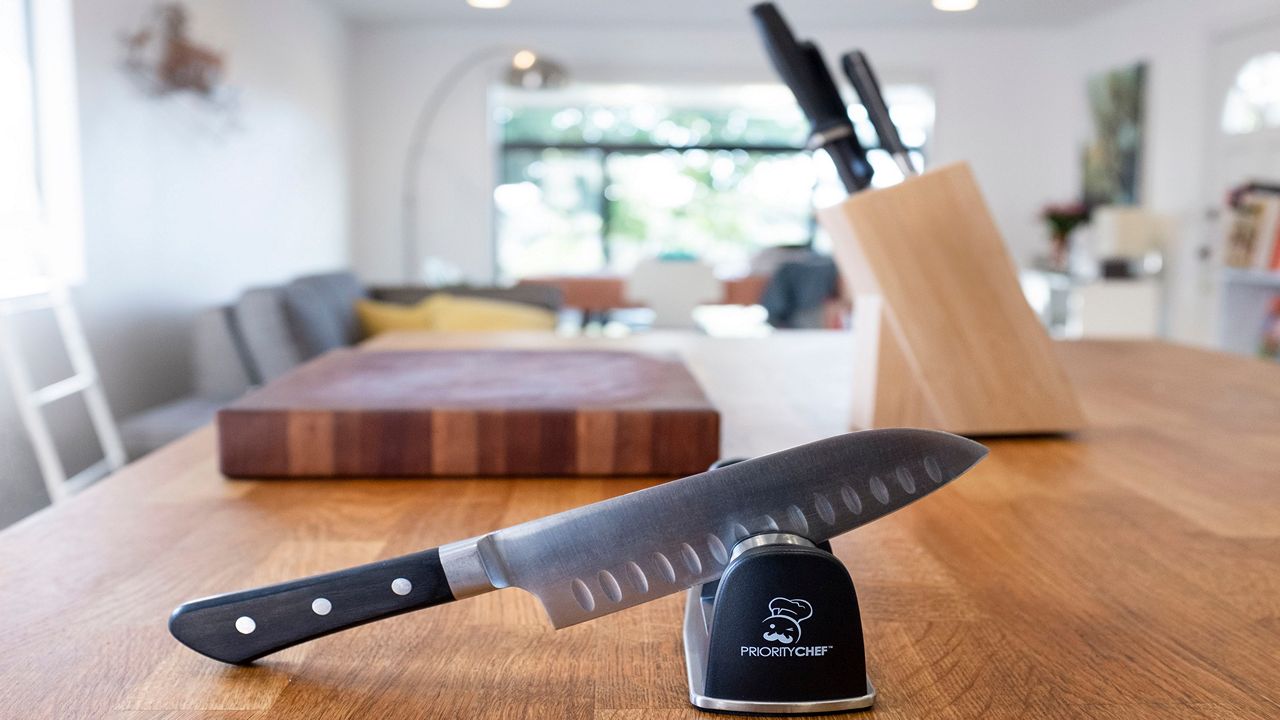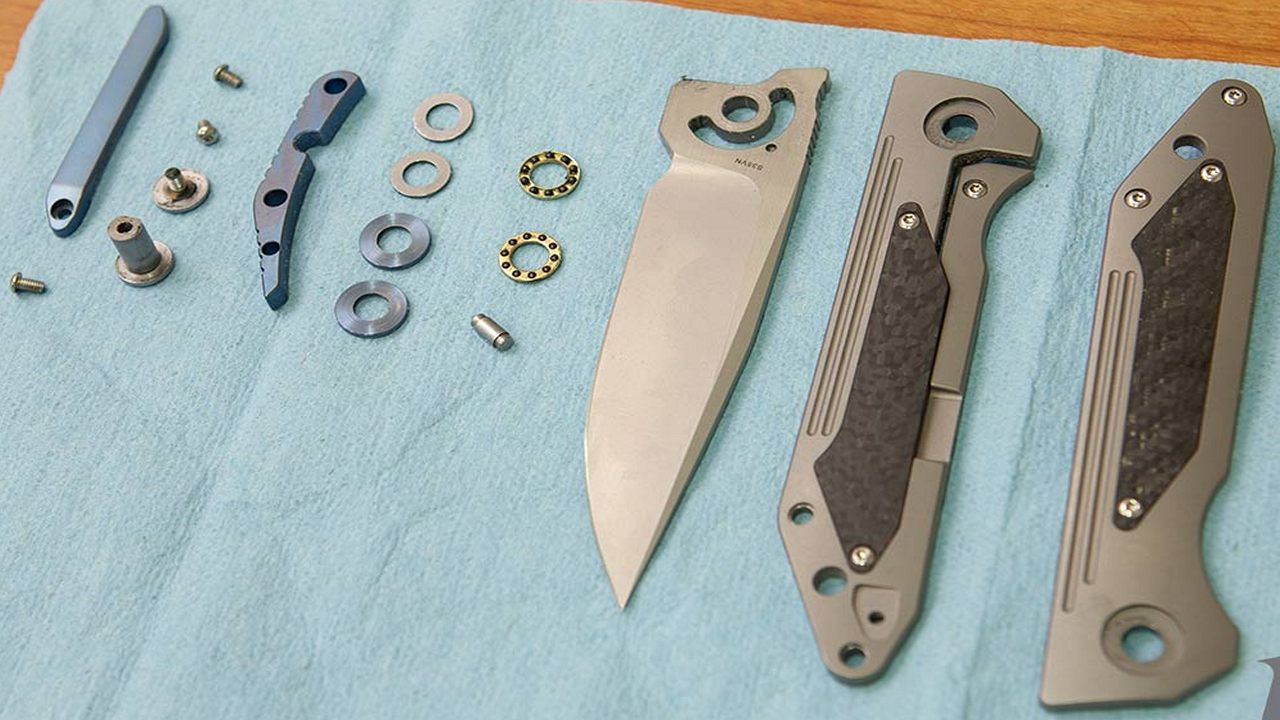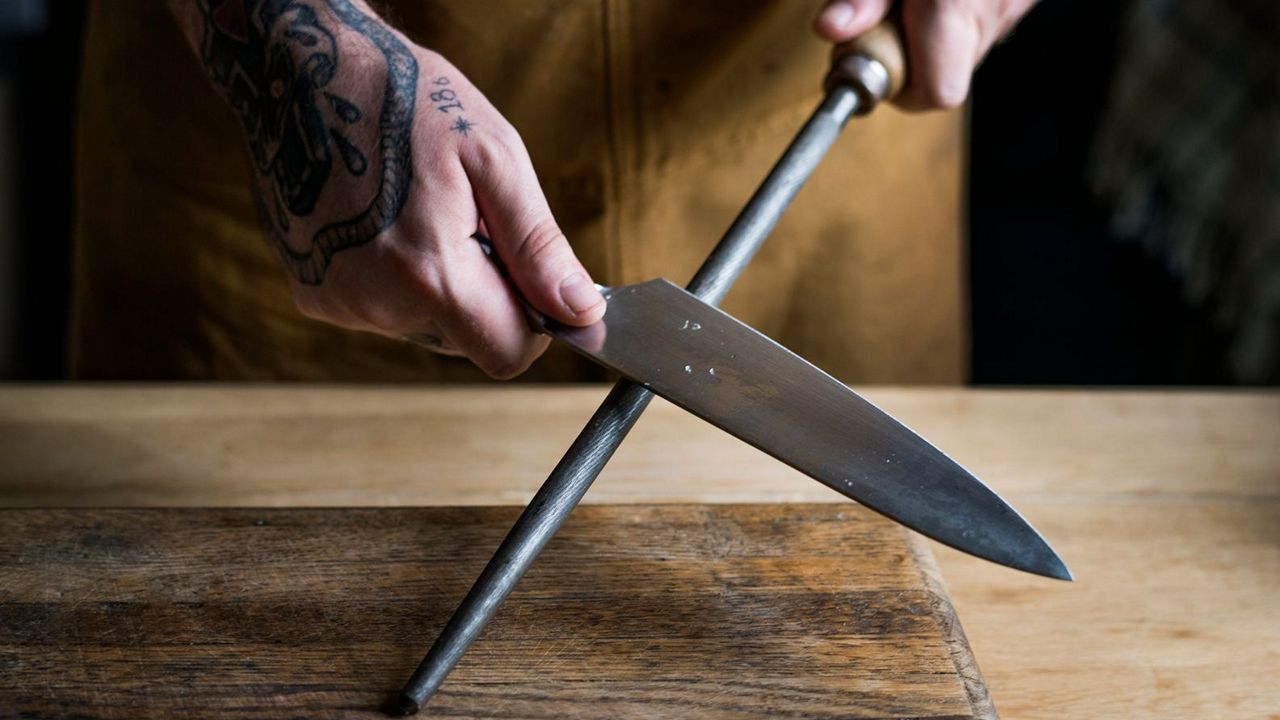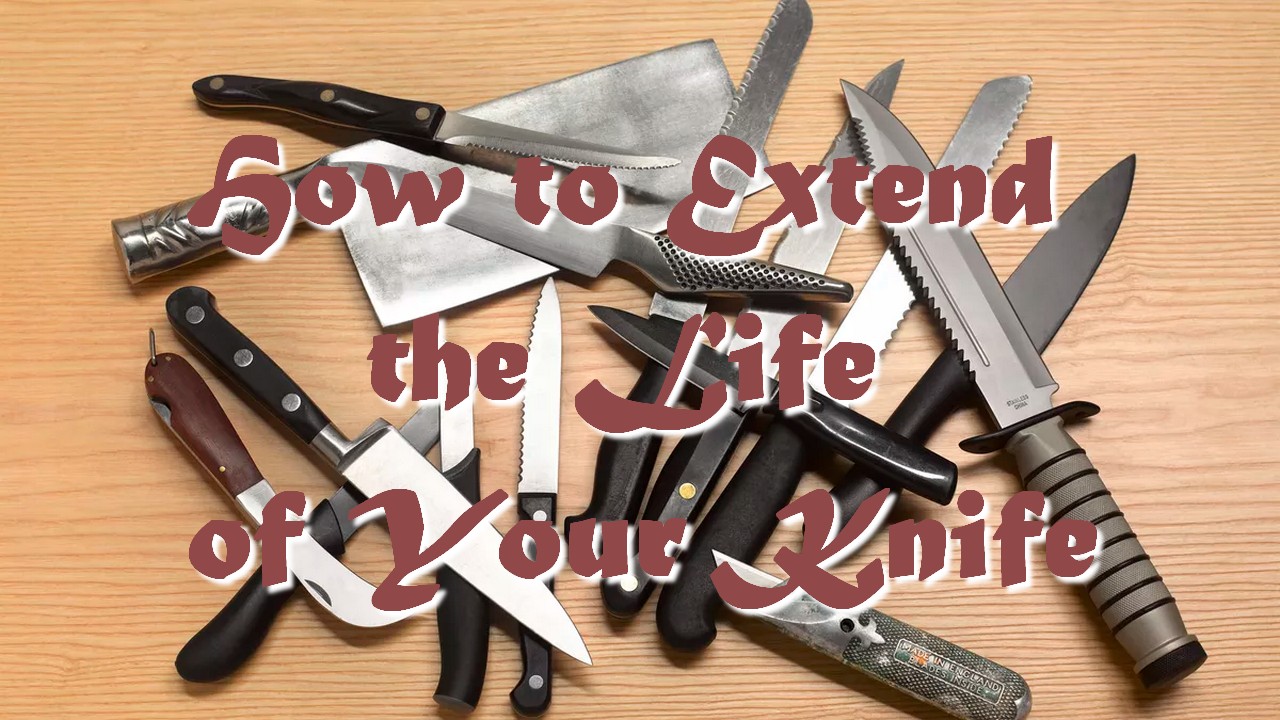Like all things under the earth, your knife has a shelf life. Once purchased, the efficiency and performance of your knife are bound to decrease over time. But the perfect knife is quite a special tool. Given the right tips, you can be able to keep a knife for many more years to come. Here are some simple ways that you can follow.
For proper care of your knife, you will require specialized information. Go to KnivesAdvice.com and find ways you can improve the maintenance and performance of your knives.
Cleaning & storage of your knife

After every use, a knife should be cleaned or washed, and dried. It is recommended that you hand-wash your knives. Many households use dishwashers to clean their knives. However, the force in dishwashers tends to increase the rate at which knives develop nicks.
Once clean, the best place to store your knife is in a knife rack. You should invest in one. A rack will keep your knife in good condition and will also reduce the chances of it getting lost in the kitchen.
Furthermore, you might want to store your knife for a longer period than usual. Maybe you are going on vacation or a summer trip. You can prepare for long storage by cleaning and wrapping your knife in an air-tight bag. Make sure to add in some desiccant to absorb any moisture in the bag.
Periodic maintenance

To extend the life of your knife, you must develop the habit of regularly maintaining your equipment. Knives are usually in contact with water and other solutions. Depending on the quality of life, rust and oxidation might start to occur. Routine maintenance must include polishing of your knives to reduce the build-up of mineral deposits and rust. Besides, it also has some hygienic benefits.
Maintenance also includes the sharpening of your blade. While you may sharpen your knives, it is recommended that you ask for a professional tune-up once a year. A dull knife is never your friend. You should invest in some sharpening products such as a leather strop and a honing rod.
Special care

Carbon steel knives have made quite a name for themselves in the cutlery industry. Owning one however requires some special care.
From its name, carbon steel knives have some carbon in their composition, making them reactive to acid products. Ingredients such as onions, tomatoes, and citrus fruits are quite acidic. After cutting such, rinse your blade and wipe it down.
It is also recommended that you use neutral oil to protect your blade. The oil should also be food-safe meaning it has no flavor or smell. The oil acts as a preventive measure against the reaction of the knife to acids.
Conclusion
If you work in a restaurant, you might want to train and educate your staff on the benefits of following the tips above. The same goes if you are not the only person in the household who cooks.
